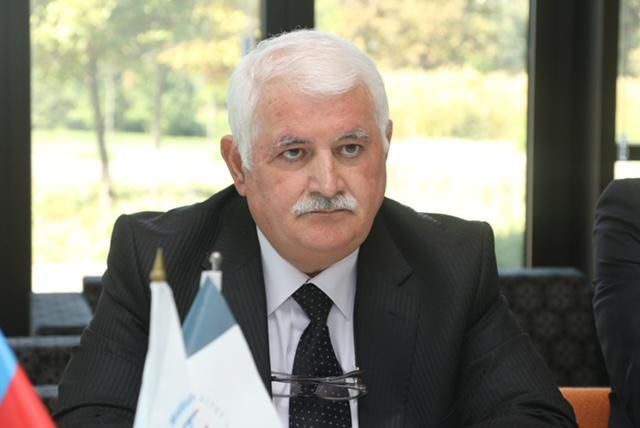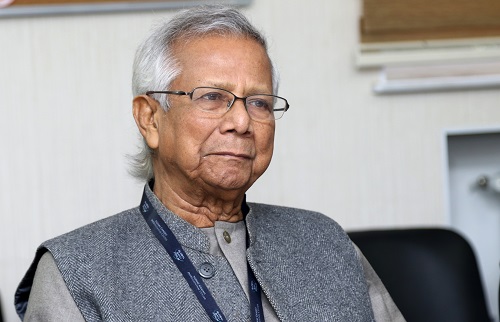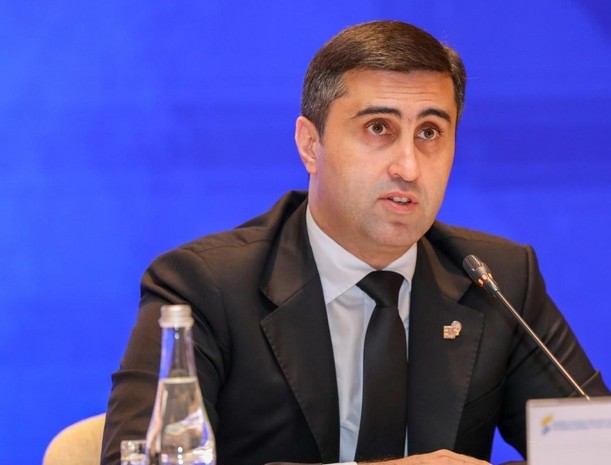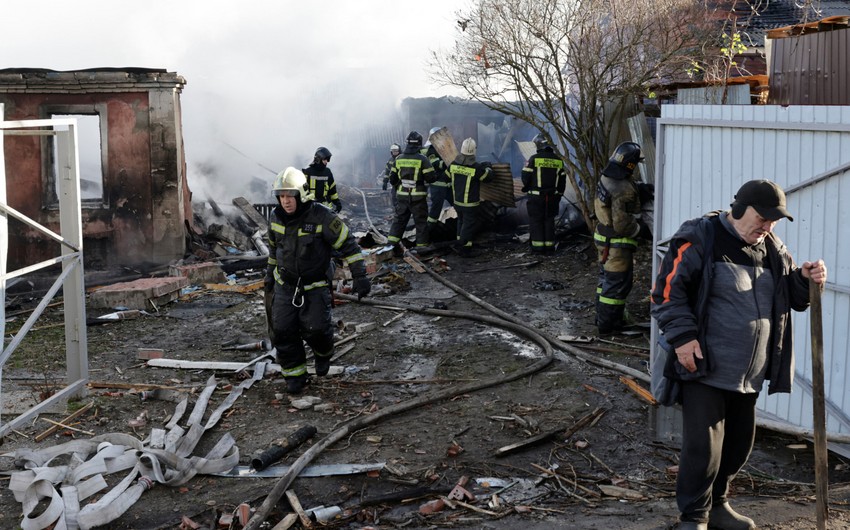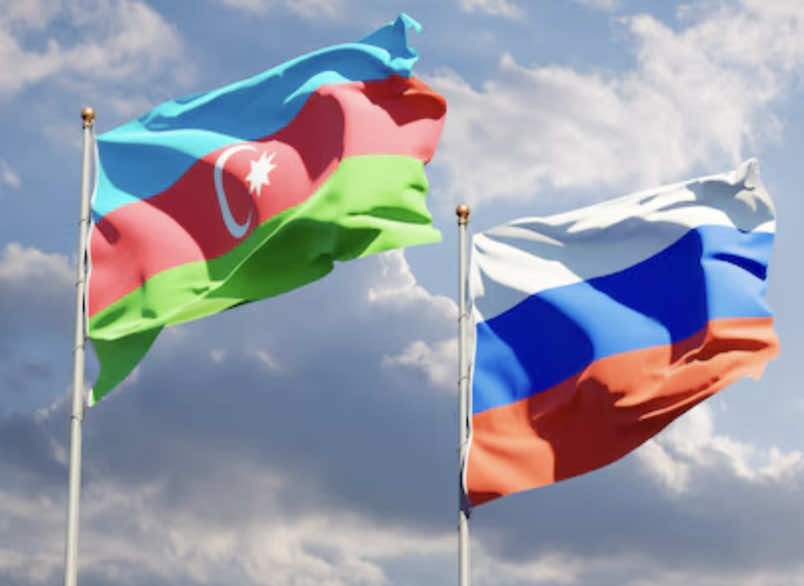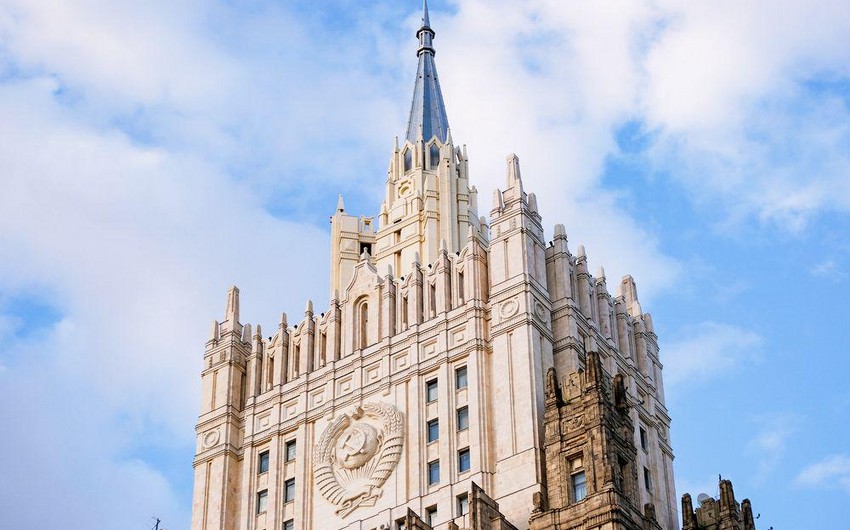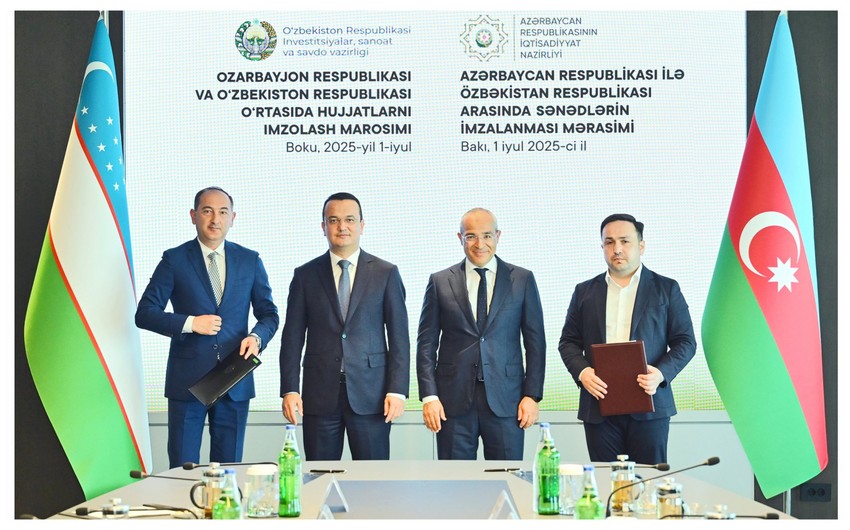Last week, at the initiative of the International Eurasia Press Fund (IEPF), with the support of the United Nations Office in Azerbaijan and the Council for State Support to Non-Governmental Organisations under the President of the Republic of Azerbaijan, a webinar on "UN Consultative Status: Opportunities and Benefits for NGOs" was held. As noted, Azay Guliyev, member of pariament, Vice-President of the OSCE Parliamentary Assembly, Chairman of the Council of the State Support to Non-Governmental Organisations under the President of the Republic of Azerbaijan, also took part in the discussions along the participation of more than 150 civil society representatives.
Speaking at the webinar, MP A. Guliyev began his speech by talking about the successful development of cooperation between Azerbaijan and the UN.
EDNews.net presents the full text of the speech:
.jpg)
Dear friends and colleagues!
First of all, I would like to thank Mr. Umud Rahimoglu for organising such an important video conference. I also thank him for his serious efforts to encourage the institutions in Azerbaijan to become members of the United Nations Economic and Social Council (ECOSOC) and to participate in other relevant UN structures.
Emphasizing the election of non-permanent members to the UN Security Council by 155 countries in 2011, I would like to note the high-level relations between the Azerbaijani Parliament and the UN. In addition, Azerbaijan recently hosted an online Non-Aligned Movement Summit of 120 heads of state and government. UN Secretary General Antonio Guterres also gave speech at the meeting. The summit participants fully supported the UN Secretary General's plans to combat COVID-19.
Dear colleagues, as you know, civil society organisations in Azerbaijan have always been actively involved in UN projects. It is commendable that 16 Azerbaijani NGOs, members of ECOSOC, work closely with foreign partners.
It should be noted that the level of cooperation between the Council of State Support to NGOs under the President of the Republic of Azerbaijan and UN agencies also differs in its intensity and productivity. A number of joint projects have been successfully implemented with the UN Office in our country and specialised agencies. The Council always encourages greater representation of Azerbaijani civil society organisations at the international level. Every year, the Council allocates foreign travel grants for many local NGOs to participate in high-level events and meetings of the UN, PACE, OSCE and other international organisations. Speaking of possible cooperation between UN agencies and NGOs, it should be noted that the Council pays great attention to raising cooperation with the UN in the field of e-government to a qualitatively new level.
It is with great pleasure that I present the "SƏLIS" Rapid Coordination and Project Management System, a completely new model of trilateral cooperation between the Government - NGOs - Citizens and bringing together 20 e-services of the Council, thus achieving a full transition of the Council to e-government. I would like to thank Mr. Ghulam Isaczai, Resident Coordinator of Azerbaijan, at the presentation of "SƏLIS" for noting that this system will soon be awarded the UN Civil Service Award. I would also like to note that we intend to further our cooperation with Mr. Isaczai and relevant UN agencies.
Dear friends, as you know, the COVID-19 pandemic has become a major issue on the international agenda. In this regard, the Council held a video conference with civil society organizations from 11 countries to discuss their national experiences in combating the pandemic. The conference addressed a statement to the World Health Organization (WHO) and informed the WHO about the joint action plan in the event of a pandemic or post-pandemic.
Dear friends, the Council supports the goals and mission of ECOSOC, and we are ready to provide the necessary financial, methodological, advisory and technical assistance to any local NGO wishing to become a member of this international organisation. Given the extensive experience of IEPF President Umud Rahimoglu and the relevant resources of the organisation he heads, I would like to suggest that he is entrusted with the coordination of the process of promoting the membership of Azerbaijani NGOs in ECOSOC. I believe that the seminars and information sessions held by the IEPF can contribute to the wider representation of Azerbaijani civil society in this organisation. Given that the deadline for NGOs to apply for ECOSOC Consultative Status is June 1, 2020, I believe that we must agree on all the technical details and start these measures as soon as possible.
I urge local NGOs to apply for ECOSOC membership, which is a great advantage for any non-governmental organisation. As a result, they will have greater opportunities to participate in international events on various important issues and, of course, to represent our country in the international arena, to inform a wider audience about Armenia's policy of aggression in Nagorno-Karabakh and to submit detailed alternative reports to the UN.
In conclusion, I would like to express my hope for closer cooperation between the Council and the relevant UN agencies.
I would also like to note that the Council and the UN Office in Baku are ready to sign a Memorandum of Cooperation to increase the participation of civil society in the implementation of the Millennium Development Goals, as well as to provide the necessary material and technical assistance.
.jpg)


